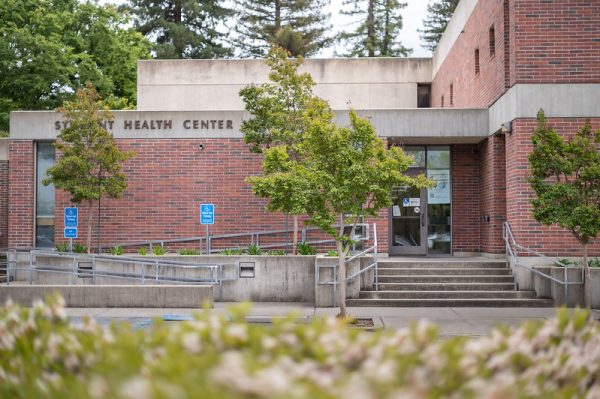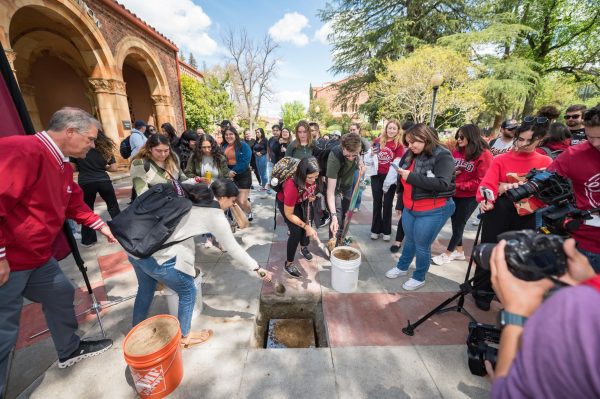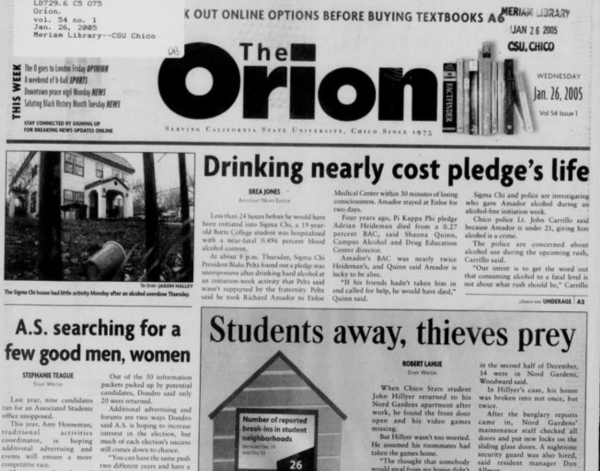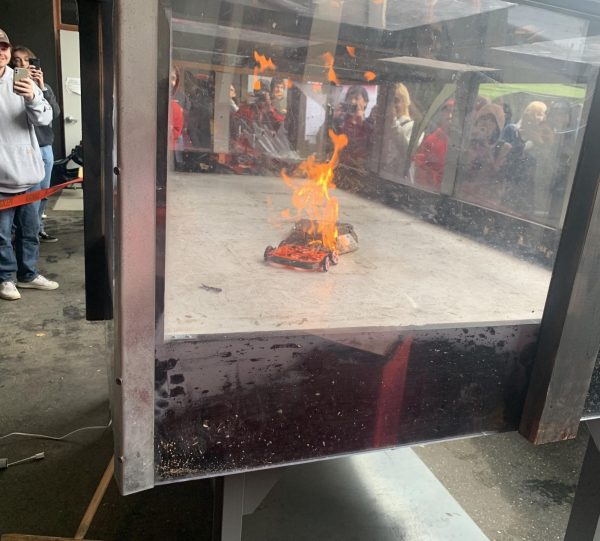
Practicing what you teach has a different meaning for professors who wake up in the dorms every day.
To further immerse students in their studies, universities such as UC Berkeley allow teachers to live in dorms where they have a more effective impact on student learning.
This may sound like a horrible idea for those worried about mixing professional and personal life. But 12 hours before an exam, this program gives students a significant advantage.
Say after studying for four hours straight you still can’t wrap your head around a certain idea presented in class. None of your classmates can help because they’re in the same boat, so you grab dinner to clear your head.
In line at Sutter Dining, you express your concerns about the exam to the guy waiting in front of you. Both of you shrug hopelessly, but then someone taps your shoulder from behind. It’s your professor, wanting to further explain that same concept over a plate of macaroni and cheese.
Any questions you had are answered and you go to sleep confident about getting a good grade.
Living in a room two doors down from the ultimate tutor has its perks. Between buck nights and fun-loving roommates, it’s hard to find motivation to stay on track. Sitting down with an older and wiser person from time to time could have a positive influence on study habits among students.
The same could be said for students just looking for someone to talk to.
At UC Berkeley, when a teacher noticed some students sat alone in the dining hall, he began highlighting news articles, writing provocative comments on them and inviting students over for discussion.
The idea caught traction and today more than 4,400 students have joined his Facebook group, “Study Tips and Other Good Things.”
Who wouldn’t jump at the opportunity to crack jokes about the news and turn an ordinary cafeteria into the Daily Show with Jon Stewart? At the same time, these teachers are building stronger relationships with their students. This has a positive impact in the classroom.
In a study that examined student-teacher relationships from grades K-12, pedagogical researcher Sara Rimm-Kaufman found that “students who have close, positive and supportive relationships with their teachers will attain higher levels of achievement than those students with more conflictual relationships.”
Feeling connected to a teacher through communication, guidance and positive criticism allows students to become more trustful of that teacher, show interest in academic content and get higher grades, Rimm-Kaufman said.
From my own experience, I know professors can help students find their hidden potential. Some people get halfway through college and still have no clue who they are or what they’re good at.
With the right interaction, teachers can open a whole new world for students and inspire them to do great things. Maybe it’s time Chico State adopted the same program.
Paul Smeltzer can be reached at [email protected] or @smeltzerwave on Twitter.













